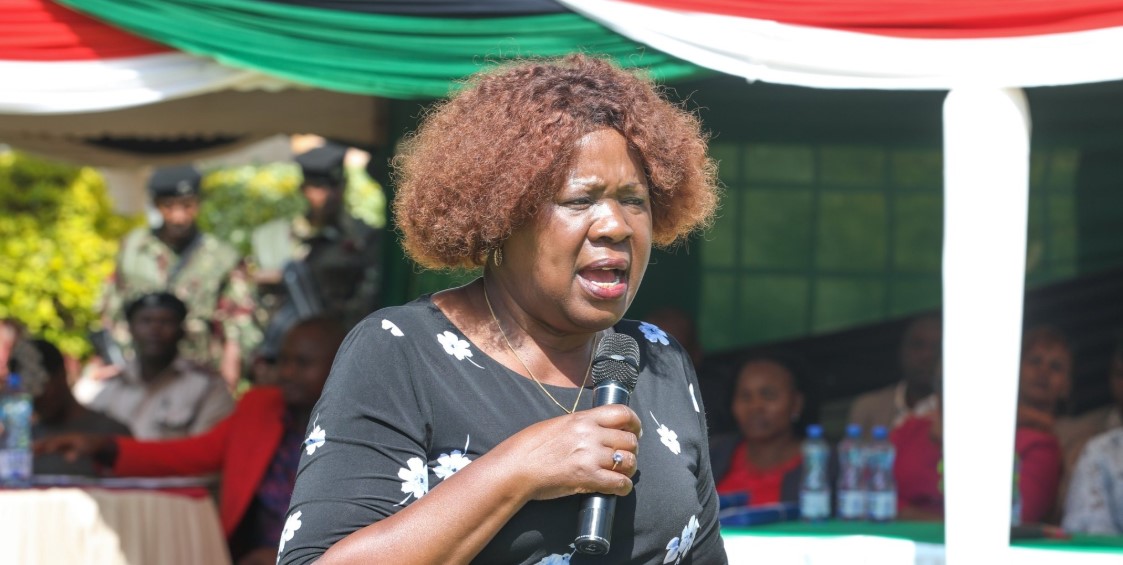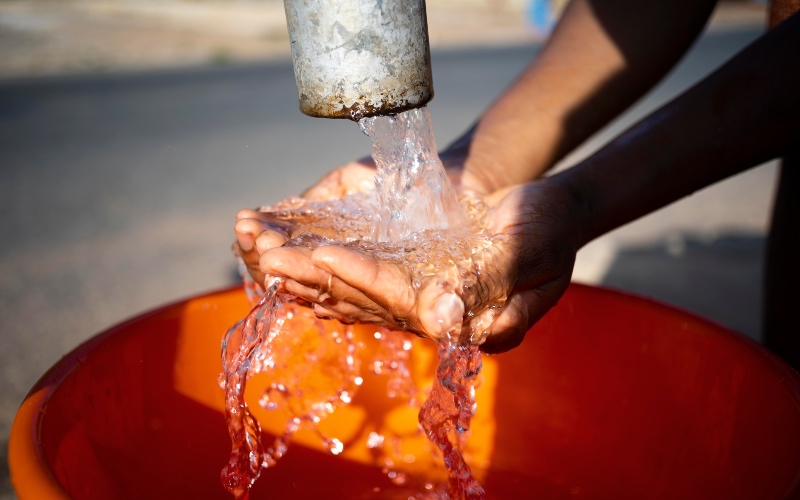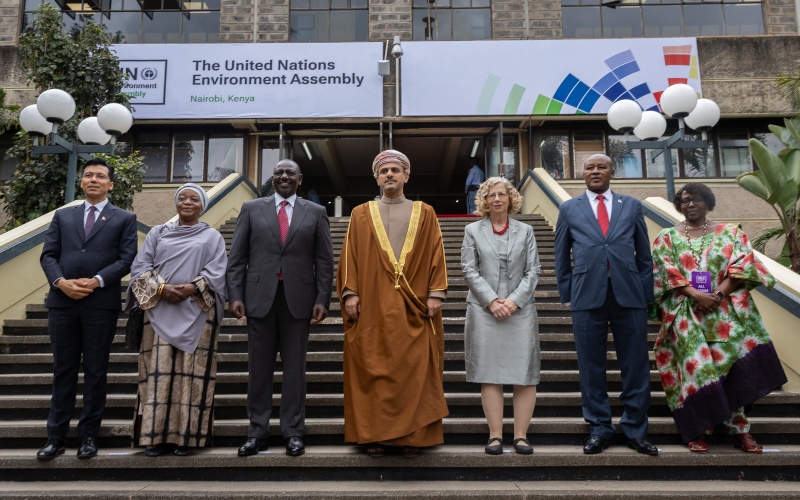Submit documents to protect schools from land grabbers, Wahome tells headteachers

A 2019 report indicated that only 30 per cent of Kenya's public schools had secured title deeds, leaving over 22,000 schools vulnerable to land grabbing.
In a move to curb the rising cases of grabbing of school land across the country, Lands Cabinet Secretary Alice Wahome has called on principals, headteachers, and local communities to prepare documents for school properties that have been illegally seized.
The Ministry of Lands, Public Works, Housing, and Urban Development has urged those with knowledge of grabbed school lands to submit their documents to Ardhi House for immediate action.
More To Read
- Illegally grabbed Mombasa land to host affordable housing units after EACC recovery
- Motion filed seeking probe into irregular land allocation in Nairobi County
- MPs raise alarm over alleged misappropriation of College of Insurance land
- EACC moves to recover Sh250 million public land in Kahawa Sukari
- How Lang’ata Women’s Prison’s 34-acre land ended up in private hands
- MPs seek fresh zoning rules to protect shrinking farmland
Addressing the media in South B, Nairobi, CS Wahome noted the urgency of this issue, particularly in Nairobi and other regions where land grabbing poses a significant threat to school land.
"I call upon every principal and head teacher and the community at large who knows that their school property or land is on the verge of being grabbed or grabbed already to ensure they put documents together and bring them to my attention," she stated.
The former Kandara MP also revealed plans to form regional teams to specifically tackle land-grabbing issues affecting schools.
"We will put teams together in the different eight regions to ensure that the grabbed school properties are returned," she said.
One of the most notable ongoing disputes involves the land on which Nairobi’s Lavington Primary School stands, which has been the subject of a long-standing battle between the school and private developers.
Resolve matter swiftly
However, CS Wahome vowed to resolve this matter swiftly, promising to visit the school and issue a new title deed to ensure the land is returned to the institution.
This land dispute has remained unresolved for nearly two years, despite previous efforts by Dagoretti North MP Beatrice Elachi, who questioned why Nairobi Governor Johnson Sakaja issued a title deed for Lavington Primary School that excluded the full 19.7 acres.
Elachi had earlier pushed for the return of the land, but the situation has escalated, with a private developer constructing buildings on the disputed land.
The CS pointed out that many schools have fallen victim to land grabbing due to a lack of proper documentation.
A 2019 report indicated that only 30 per cent of Kenya's public schools had secured title deeds, leaving over 22,000 schools vulnerable to land grabbing.
Additionally, around 4,100 schools have officially reported being at risk due to the absence of ownership documents.
Land grabbing in public schools has been a longstanding issue, with high-profile cases such as the Lang'ata Primary School land dispute in 2015 and ongoing threats to school properties in Nairobi.
The Kenya Land Alliance (KLA) has warned that 70 per cent of public schools in the country are at risk of land grabbing.
Despite efforts by the government to introduce measures in 2018 to ease the acquisition of title deeds for schools, the problem persists.
Many schools continue to operate without secure land ownership, further exposing them to potential land grabbers.
Top Stories Today










































